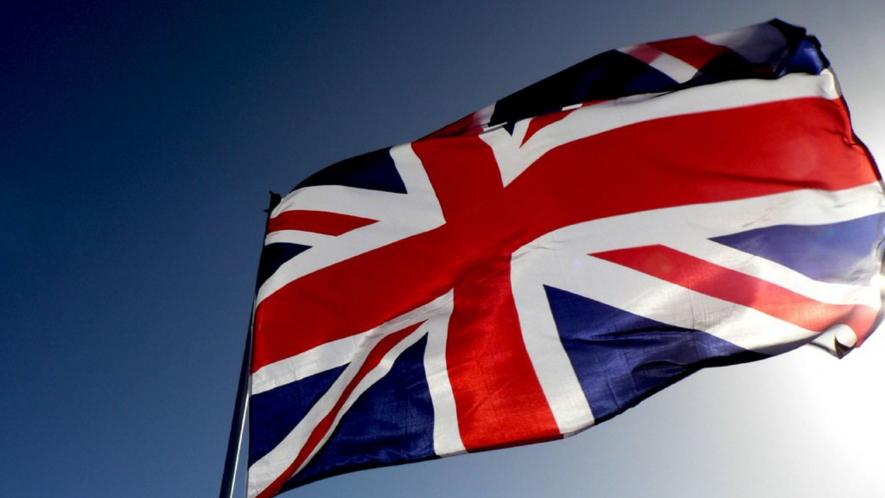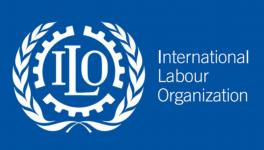Researchers Quit UK Funding Agency Amid Israel-Hamas war

Image Courtesy: Flickr
The UK Research and Innovation (UKRI), which invests on science and research, has been hit by a row over academic freedom and free speech. Several researchers have already resigned from their voluntary positions after the government demanded dissolution of the equality, diversity and inclusion (EDI) advisory group and UKRI’s chief resorted to a similar course of action.
UKRI chief executive Ottoline Leyser suspended the EDI expert group on October 31 after science minister Michelle Donelan in an October 28 letter termed the views of two EDI panel members on the Israel-Hamas conflict on X “extremist”.
Replying to Donelan, Leyser said in her letter that UKRI will conduct a transparent and impartial investigation to identify any breach of the terms of appointment to the EDI group.
Donelan’s letter triggered sharp criticisms with researchers saying that the demand for disbanding the EDI group and the UKRI chief’s action go against the principles of academic freedom and free speech.
As written by Carissa Wong in an article on the issue published in Nature, the social media posts criticised by Donelan are no more available on public platforms.
In her letter, Donelan criticised X posts by a panel member who said that the UK’s crackdown plan on support for Hamas in the country is disturbing, as written by Wong. Similarly, Donelan denounced a second researcher for a post describing Israel’s actions as “genocide and apartheid”.
The row erupted after UKRI suspended the EDI group. Nearly, 3,300 academics have signed a petition urging the funding agency to reject the request made by the science minister. Suspension of the advisory panel linked to the two academics triggered the University and College Union’s opposition. The union accused Leyser of “capitulating to Donelan” and urged to reinstate the advisory board or “face calls for mass withdrawals by UCU members”, according to an article in The Guardian.
Laura Kelly, a historian of modern Ireland at the University of Strathclyde, Glasgow, in a statement was quoted to have said, “UKRI have bowed to government pressure and sent out the message that anyone who disagrees with government policies is not welcome in their organisation. This has worrying repercussions for academic freedom.”
Kelly resigned from her voluntary position of a peer reviewer of UKRI funding proposals for interdisciplinary research.
“These tweets were not in any way ‘extremist’. They just happened to be, rightly, in my view, going against the UK government’s stance on this issue,” Kelly added.
Similarly, Essex University philosopher Matt Bennett, who also resigned, termed the UKRI act as not protecting its members and defended the integrity of UK science. “They are very much complicit now in this attempt to interfere in academic freedom and freedom of speech. I will not volunteer my time to help an organisation that does that,” Bennett said in a statement.
Theoretical physicist Bill Spence, University of London, holds a similar view, He was quoted as saying, “That UKRI should immediately suspend and question the future of their EDI committee because the government minister says she doesn’t like it seriously questions UKRI’s commitment to independence from political interference.”
The move “also questions their commitment to promoting EDI. UKRI should first have established if there were grounds for an inquiry, issued a statement deploring and questioning the way people working for them were publicly labelled as extremists and defended their EDI committee and its work”, he added.
On the other hand, UKRI maintained its stand. In a statement to Nature, it said: “We understand why some in our community feel the need to resign from UKRI advisory roles. We are grateful for their service and hope that relationships can be healed in the future. We are adopting a well-governed process to support evidenced, principled decisions.”
The issue has become serious in UK’s research and academic fraternity. It’s been alleged that if anyone in the fraternity is labelled extremist by the government, UKRI will immediately assume that there is a ground for enquiry and suspension. UKRI has come to a testing point of whether it protects free speech and the academia from direct political or governmental interference.
Get the latest reports & analysis with people's perspective on Protests, movements & deep analytical videos, discussions of the current affairs in your Telegram app. Subscribe to NewsClick's Telegram channel & get Real-Time updates on stories, as they get published on our website.


















